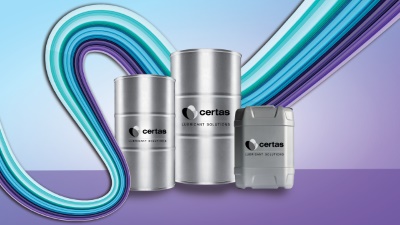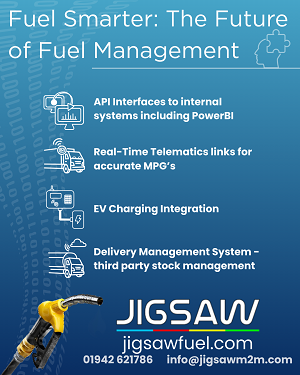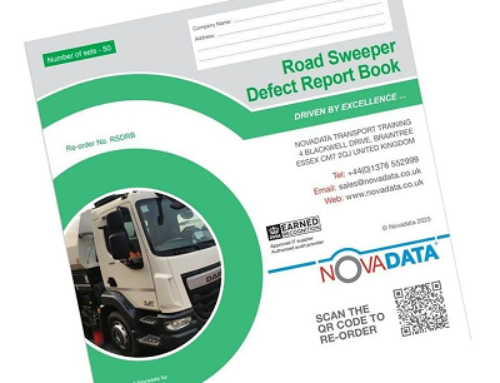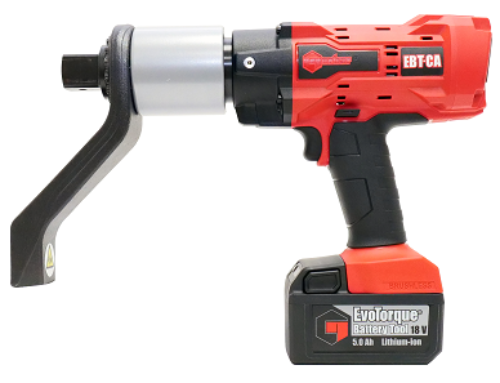Shell: how to lower costs through correct oil selection
 Shell Lubricants, which is among the brand partners of Certas Lubricant Solutions, has explained how choosing the right oils and greases can play a key role in powering efficient fleets at the lowest cost per kilometre.
Shell Lubricants, which is among the brand partners of Certas Lubricant Solutions, has explained how choosing the right oils and greases can play a key role in powering efficient fleets at the lowest cost per kilometre.
“In a price sensitive market, lubricants are often one of the first areas where costs are cut,” said the company.
“But high performance lubricants and greases play a vital role in reducing maintenance costs, improving fuel economy and increasing vehicle availability – and can help the environment by cutting emissions.”
Buying cheaper oils and greases will cut costs in the short term, but the detrimental effect on vehicle components is more costly in the long term, Shell Lubricants contends – citing a survey it commissioned suggesting that one in three fleet managers admit errors in lubrication had cost their business over $100,000 in the last few years.
“Evaluating and reducing total cost of ownership (TCO) is a key tool in fleet management, enabling fleet managers to extract the best possible value from their vehicles over their lifetime,” the company continued.
“Yet 56 per cent of fleet managers do not expect high quality lubricants to help cut maintenance spend, which typically amounts to around 10 per cent of total fleet costs.”
For fleet businesses, TCO includes monitoring ‘cost per kilometre’ of the vehicle fleet, adds Shell, which is influenced by vehicle availability, maintenance cost and fuel expenditure. This figure – £/km – is used to evaluate the impact of lubricants not only on maintenance budget and processes, but also any costs related to lost productivity through vehicle downtime.
“Any period of unplanned maintenance for a vehicle will affect a company’s efficiency, reputation and, ultimately, the bottom line.
“The longer a vehicle is on the road and the more reliable it is, then the greater the profit. And this can only be achieved by using the right lubricants and greases to protect components against wear, deposits and corrosion while prolonging oil life, reduce maintenance costs and maximise oil drain intervals.
“Fuel costs now account for as much as 39 per cent of total fleet operating expenditure, so a lubricant that delivers even a small increase in efficiency can greatly impact TCO.
“The latest low-viscosity heavy duty engine oils enhance fuel economy without compromising on wear protection or oil life, delivering maximum efficiency and welcome savings on fuel costs.”
Even seemingly small changes to lubricant procurement decisions can have significant impact on TCO, says Shell. It highlights one case in which, after following expert advice from Certas Energy and upgrading to a high performance lubricant from Shell’s Rimula product family, a national road haulage business made savings of more than £45,000 on its yearly maintenance budget.
“Every component of a truck or bus made by different original equipment manufacturers (OEMs) has its specific lubrication requirements. OEMs define the minimum requirements for lubricants or greases, but not all products that meet these standards deliver the same level of performance.
“Premium lubricants manufacturers work closely with key OEMs to develop products that are technologically advanced and can meet and exceed equipment needs both now and in the future.
“This close collaboration provides oils that are designed to keep transmission components protected so they keep working effectively mile after mile. Using premium innovative products, can provide confidence that fleets are operating at optimal performance.”
There are also a number of other factors unique to fleets that can affect lubrication performance, says Shell.
“These include how the vehicle is fuelled, operational parameters and surrounding environment – all of these considerations must be taken into account when choosing the correct lubricant or grease for your fleet. These fleet-specific challenges make it vital to consult a lubricants expert who can advise on the best solutions.
“Consulting a lubricants technical expert will help you understand your fleet’s individual needs. Their expertise and product knowledge ensure that lubricants and greases are optimised for the latest vehicles to improve reliability and productivity…
“When upgrading lubricants, it’s also vital that transport operators have the right management processes in place. Even the best product cannot perform to its full potential if it is not applied and managed correctly, so having effective lubricant management systems can help deliver value from improved productivity and reductions in lubricant consumption, maintenance and operating costs.”
The latest lubricants also help to keep emissions low by protecting the performance of exhaust emission systems, Shell adds.
“Using a lower quality lubricant can degrade equipment such as catalysts and diesel particulate filters, leading to compromised systems which can contribute to greater emissions. Furthermore, blocked DPF have also been shown to increase fuel consumption.
“High performance lubricants, such as Shell Rimula Ultra E Plus 5w-30, ensure that a vehicle complies with legislation by prolonging the life of exhaust emission systems and contribute to greater fuel efficiency and reduced costs per kilometre.”













